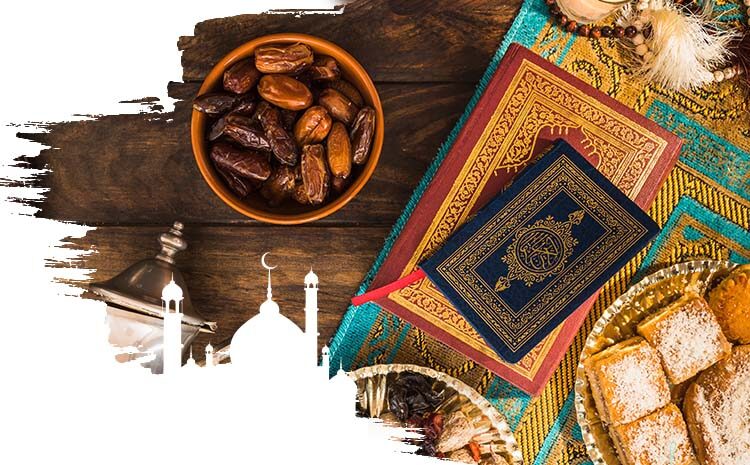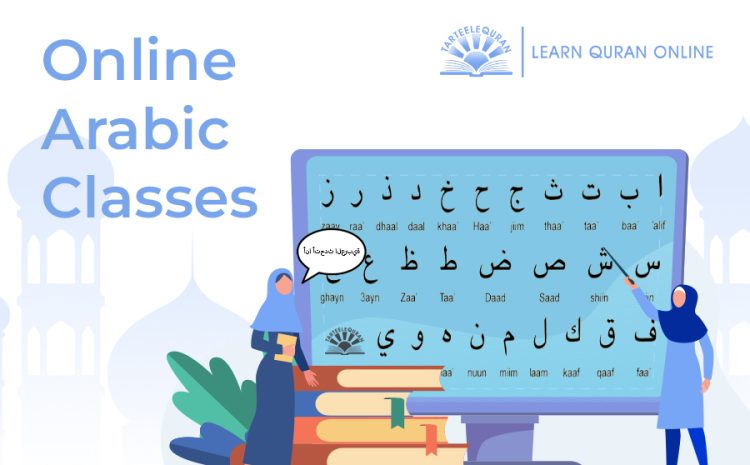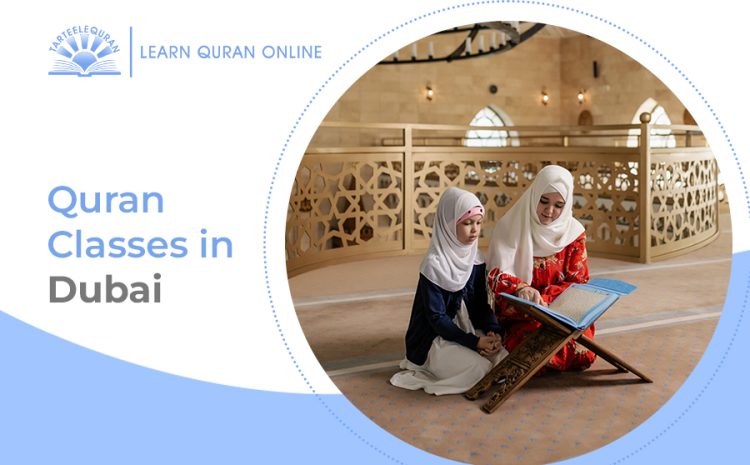Ramadan – The Beginning
In the name of Allah, all thanks are due to Allah, and may the peace of blessings of Allah be upon His Messenger – Muhammad – and upon his family, companions, and all prophets.
What is Special About Ramadan?
The first Ayah of the Quran was revealed to the Messenger of Allah PMBUH in the time of year which corresponds to the month of Ramadan of the Hijri calendar. Allah SW said:
“The month of Ramadhan [is that] in which was revealed the Qur’an, a guidance for the people and clear proofs of guidance and criterion. So whoever sights [the new moon of] the month, let him fast it; and whoever is ill or on a journey – then an equal number of other days. Allah intends for you ease and does not intend for you hardship and [wants] for you to complete the period and to glorify Allah for that [to] which He has guided you, and perhaps you will be grateful.”
Although the first time(s) the Messenger received revelation was not in the form of Qur’an but was in the form of true dreams (Ru’ya) – the Messenger would dream of something, and when he woke up, it would come true – and this is according to the hadith recorded by Bukhari in his sahih. That is why Allah SW said in the previous ayat that the Qur’an was revealed in Ramadan but did not say that the first revelations were in Ramadan, because they were probably at an earlier time.
The First Ayah Revealed
The first Ayah to be revealed was Ayah 1 of Surat Al-Alaq, which reads: “Read, in the name of your Lord, who was created.” Now, let’s contemplate this ayah and see what Allah SW wanted to be the first things to say to His beloved Messenger PMBUH: Allah’s first word was “read”; the Messenger responded and said, “I am not of those who read” because the Messenger was illiterate. The Messenger PMBUH thought that Allah was asking him to read something, but the word ‘iqra’ in Arabic means either to read or to say. This is corroborated by what Allah SW says after that, “in the name of your Lord”. Allah SW wanted the first instructions to be revealed to the Messenger PMBUH are to teach him that saying the name of Allah before saying or doing anything is how he should conduct his life – whether before starting to read the Qur’an, before eating, drinking, leaving or entering the house, riding his mount, etc. – so that the blessing and the grace of Allah could fill his life. The last part of the first — “who has created” – is the first attribute that Allah SW chose to inform the Messenger PMBUH of. Allah is the creator, He created the Heavens and the Earth and all that in between. Why is it that Allah chose this attribute to mention first? Throughout history, man has wondered who created the stars, the planets, the moon, etc., like the many stories we have read in the Qur’an about prophet Ibrahim PMBUH when he was looking for Allah and was asking himself who created the sun and the moon. Man, always looks for the creator, that is why Allah SW chose to first introduce Himself to the Messenger PMBUH as The Creator.
When Was Fasting Prescribed?
Allah SW didn’t prescribe the fasting of Ramadan upon the Muslims except late in the life of the Prophet PBUH. It was in the second year of the Hijra when fasting was prescribed. The prophet PBUH fasted nine Ramadans since he passed away in the 11th year after Hijra. Fasting was not something new to the people, as the Jews and Christians had some form of fasting similar to that of Islam.
Who Are Exempted from Fasting?
Children are of course exempted from fasting, as they are exempted from all other Islamic obligations as well, but there are three other types of people that can postpone their fast in certain cases. According to the Ayat of the Qur’an, Allah SW has allowed some leeway for those who are in dire situations to make up the fasting when they are able. The traveler who is on a long and tiresome journey can postpone his fasting till he reaches his destination; the sick person can postpone his/her fast until they recover, and the menstruating or postpartum women can make up their fasting after they have finished their prescribed durations.
InshAllah, in our next article, we will start to discuss the various rewards that fasting Ramadan brings to believers in the Creator of the world, Allah.
Our final words are, all thanks are due to Allah, Lord of the world, and may the peace and blessing of Allah be upon his Messenger PMBUH.






